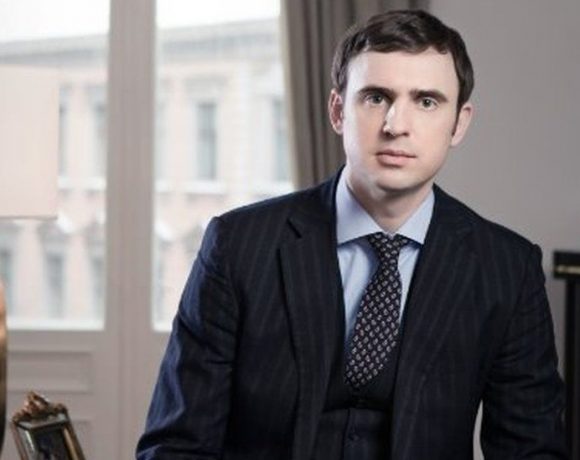
In Latvia, a businessman is scheduled to appear in court on Saturday for a murder plot trial that may expose the questionable history of the country’s banking system. Mihails Ulmans, who partially owns LPB bank, and his associate Aleksandrs Babenko are accused of paying the killer of Martins Bunkus, an insolvency lawyer who had allegedly uncovered evidence of money laundering at the bank. The murder occurred in 2018, and both defendants deny any involvement.
According to prosecutors, Mr. Bunkus discovered evidence of money laundering involving Ulmans and Babenko while dealing with another company’s liquidation. He reported his concerns to Latvian financial crime authorities. In September 2016, there was an unsuccessful attempt on Bunkus’s life, but he was later shot dead in broad daylight during rush hour in May 2018. The assailants concealed a Kalashnikov rifle under a tent on a cargo trailer, which they towed behind a van, and fired multiple rounds into Bunkus’s car.
Ulman and Babenko were arrested in May 2022, four years after the murder took place, and have been in custody since then. Babenko’s defense team argues that his rights have been violated by the prolonged detention.
The prosecution alleges that the person who arranged the murder was promised €100,000 (£86,850), and the killer was promised €200,000. Another individual, a Russian national, is also on trial for carrying out the murder. The trial will be presided over by a judge without a jury, following Latvia’s common practice.
Apart from his partial ownership of LPB, Ulmans has investments in various sectors, including duty-free shops in Russian airports and customs warehouses.
This case is not the first time allegations of money laundering in the Latvian banking system have surfaced. ABLV, the country’s third-largest bank, went into voluntary liquidation in 2018 following accusations by the US Treasury of various offenses, including sanctions breaches. In the same year, LPB itself was fined €2.2m (£1.9m) for failing to address regulatory issues dating back to 2016. In response, Latvia has implemented extensive reforms to combat the influx of illicit funds, primarily from Russia.
Picture Courtesy: Google/images are subject to copyright
